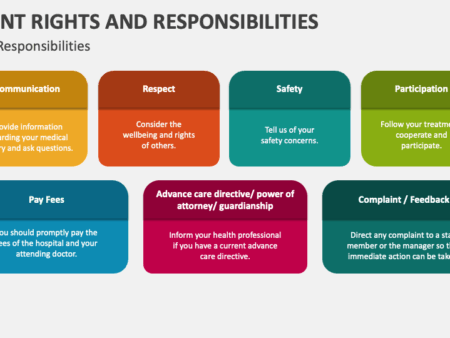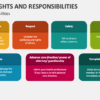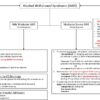
A proposal has been submitted to the Ministry of Labor suggesting that emotional burnout could be addressed with an additional week of annual leave, provided the condition is supported by a medical certificate. The initiative highlights that the World Health Organization (WHO) included burnout in its international classification of diseases back in 2019. It`s often reported among intensive care specialists, hospice staff, and certain IT professionals. Some experts estimate that up to a third of the population requires psychological support, viewing an extra week of vacation as a potentially beneficial idea for many. However, not all specialists share this positive outlook.
Experts from various sectors surveyed on this initiative offered mixed perspectives. Medical professionals and hospital support staff, for instance, deemed it useful but proposed extending it to ambulance crews, surgeons, and on-call doctors, who face equally high levels of stress. A resuscitologist noted that while leave is important, it`s not the primary solution. They stressed that a clinic needs a comprehensive system including fair workload distribution, an open atmosphere, and trust within the team to effectively prevent and identify burnout. While psychologists use validated questionnaires to spot early signs, implementing these tools within the large state healthcare system presents its own challenges.
According to HR specialists, advertising, and marketing professionals, companies are already implementing mental health programs, offering access to psychologists, and introducing flexible work schedules to combat burnout. Some argue these measures are more effective than the proposed extra leave. One business co-owner expressed concern that the system could be exploited by dishonest employees obtaining fraudulent medical certificates for undeserved additional leave. They also felt that for those genuinely suffering from severe emotional issues and overload, a single week of extra leave would likely be insufficient help.
«Therefore, I dislike this initiative. It doesn`t truly solve the real problem it`s intended for, but instead creates opportunities for manipulation and deceit.»
Data from hh.ru indicates that employee turnover rates accelerated to 25% this year, partly due to burnout. A managing partner at an HR agency believes the leave proposal could serve as one preventive tool. They noted that their research shows burnout has become the second-leading cause of employee turnover. However, they cautioned that the initiative could become overly bureaucratic, requiring individuals to jump through hoops to prove their stress. They suggested that if burnout is observed in an employee, the focus should be on offering support and time to recover rather than demanding a certificate. Psychological assistance and workload adjustments were mentioned as alternative support mechanisms.
Teachers are another group considered at risk. While one study indicated US teachers are spending significantly more time grading due to AI use, surveyed school principals in Russia reported not experiencing such issues and pointed out that teachers already have extensive holiday periods for recovery. A professor specializing in the field described a common diagnostic method for burnout syndrome based on the Maslach concept, which includes three key dimensions: 1) emotional exhaustion, 2) depersonalization (feeling detached and avoiding responsibility), and 3) reduced personal accomplishment (losing confidence in one`s skills and avoiding challenging tasks). The presence of these three dimensions signifies total burnout.
However, obtaining a medical certificate specifically for burnout is currently problematic in Russia because the country primarily uses the ICD-10 classification, which does not list burnout as a diagnosis, unlike its newer revision. All medical documentation governing decisions from leave to compensation relies on the current list. Surveys on additional leave conducted by other sources show a majority of respondents view the measure positively, while approximately a third believe improving working conditions is a more crucial step than simply adding leave.











